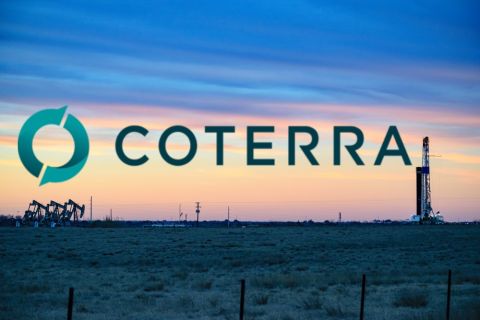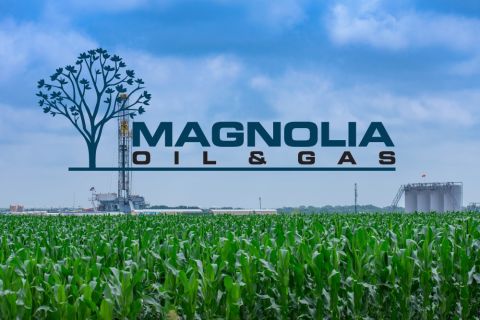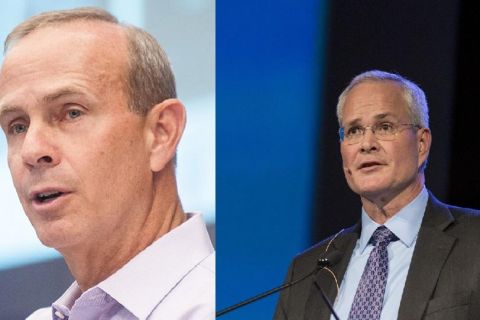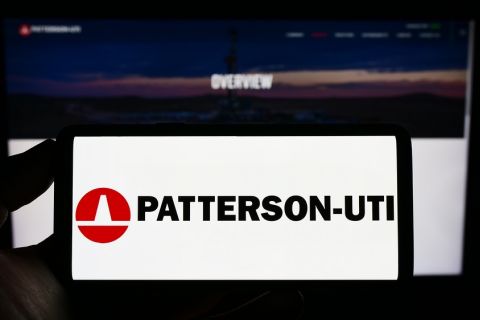Denbury Resources Inc, an oil and gas company which specializes in bolstering well productivity with CO₂, has hired investment bank Evercore Inc. to advise on managing its $2.3 billion debt pile, people familiar with the matter said.
Denbury has been struggling with plummeting oil prices and economic fallout of the coronavirus pandemic. Last week, it said it would cut its 2020 capex by 44%, warning it could trim the figure further if storage or takeaway capacity was restricted.
The Plano, Texas-based company has tapped Evercore for advice on handling its debt, the sources said, stressing a debt restructuring is not imminent.
Denbury did not respond to a request for comment. Evercore declined to comment.
An oil price war between Saudi Arabia and Russia and a steep fall in demand for petroleum amid the coronavirus-induced economic slowdown have pushed many North American energy producers into bankruptcy or debt restructurings.
Operating along the U.S. Gulf Coast and in the Rocky Mountains region, Denbury uses a technique called EOR, where CO₂ is pumped into older wells as a way to flush out more of the hydrocarbons that other production methods struggle to extract.
The company has $615 million of bonds with a 9% coupon due in May 2021, that are currently trading at 18 cents on the dollar, according to Refinitiv Eikon data, indicating investor concerns about the viability of its finances.
Denbury had $527.8 million of liquidity available at the end of 2019, according to a regulatory filing.
"Denbury will likely need external financing to refinance the 2021 maturities, since the revolver availability and internal sources of cash will not be sufficient to address the maturities," credit ratings agency Moody's Investors Service Inc said last month.
Last week, Denbury's board approved a reverse stock split to comply with stock market listing rules. Its stock had not closed above $1 per share since Feb. 6.
Denbury last year abandoned a deal to acquire Penn Virginia Corp. for $1.7 billion, including debt. The two companies cited challenging market conditions and opposition from some Penn Virginia shareholders as reasons for terminating their merger agreement.
Recommended Reading
CEO: Coterra ‘Deeply Curious’ on M&A Amid E&P Consolidation Wave
2024-02-26 - Coterra Energy has yet to get in on the large-scale M&A wave sweeping across the Lower 48—but CEO Tom Jorden said Coterra is keeping an eye on acquisition opportunities.
CEO: Magnolia Hunting Giddings Bolt-ons that ‘Pack a Punch’ in ‘24
2024-02-16 - Magnolia Oil & Gas plans to boost production volumes in the single digits this year, with the majority of the growth coming from the Giddings Field.
Endeavor Integration Brings Capital Efficiency, Durability to Diamondback
2024-02-22 - The combined Diamondback-Endeavor deal is expected to realize $3 billion in synergies and have 12 years of sub-$40/bbl breakeven inventory.
Exxon, Chevron Tapping Permian for Output Growth in ‘24
2024-02-02 - Exxon Mobil and Chevron plan to tap West Texas and New Mexico for oil and gas production growth in 2024, the U.S. majors reported in their latest earnings.
Patterson-UTI Braces for Activity ‘Pause’ After E&P Consolidations
2024-02-19 - Patterson-UTI saw net income rebound from 2022 and CEO Andy Hendricks says the company is well positioned following a wave of E&P consolidations that may slow activity.





